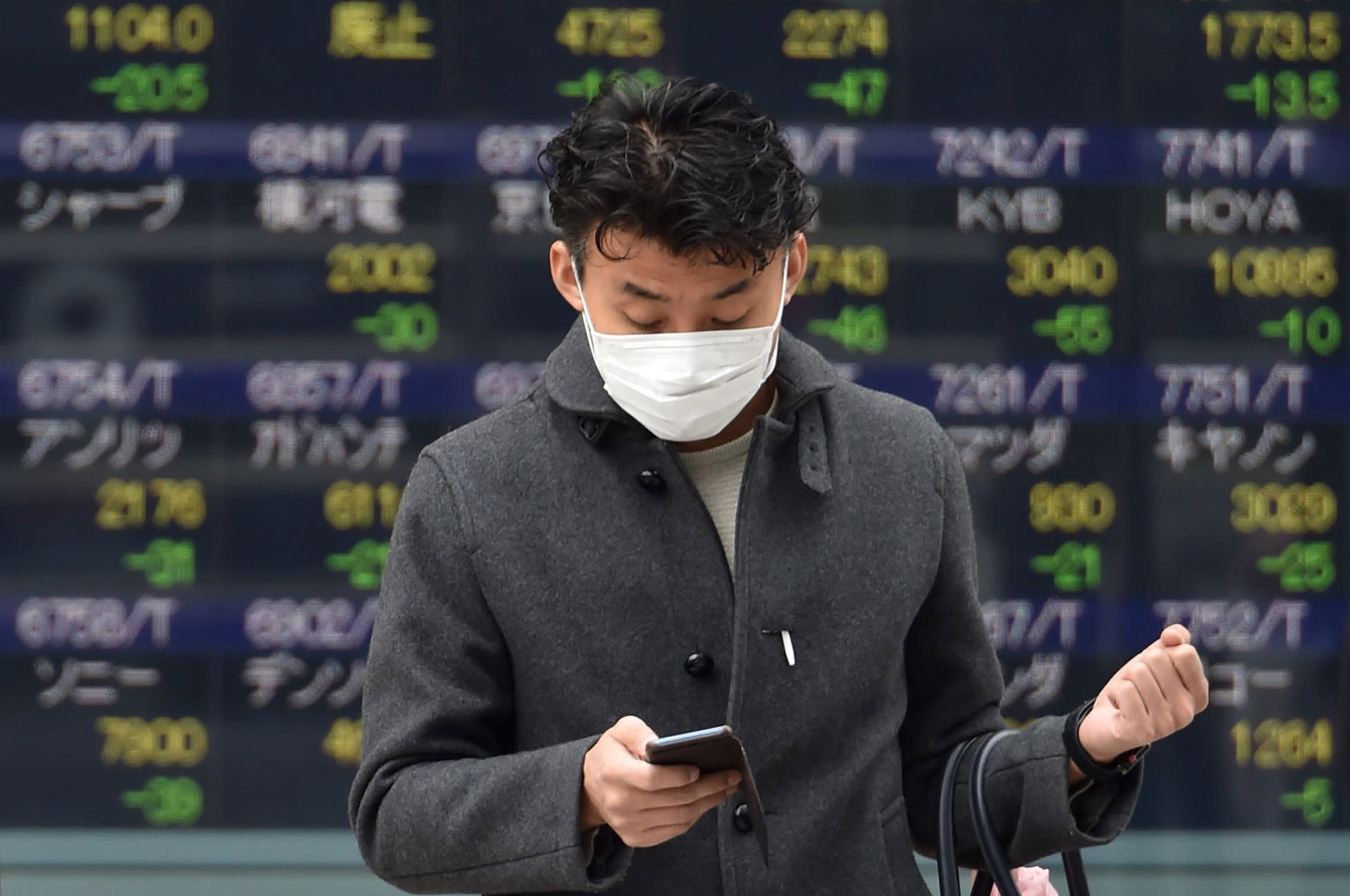
Stocks in Asia Pacific were lower in Friday morning trade as tensions between the U.S. and China rise.
Hong Kong’s Hang Seng index led losses among the region’s major markets as it plunged 3.13% in morning trade, with shares of life insurer AIA dropping 4.25%.
The moves came after reports surfaced Thursday that China is planning national security laws for Hong Kong, after the city was plunged into turmoil by pro-democracy protests last year that periodically degenerated into violence. The laws would reportedly ban secession, foreign interference, terrorism and all seditious activities aimed at toppling the central government and any external interference in the former British colony.
“Justifiably, the Hong Kong Security bill on the agenda for the NPC in Beijing today evokes insecurity in the markets; as risks of US China conflict and renewed Hong Kong protests grow,” analysts at Mizuho Bank said in a note.
Mainland Chinese stocks also edged lower, with the Shanghai composite down about 0.6% while the Shenzhen component shed 0.5%.
Elsewhere, the Nikkei 225 in Japan slipped 0.27% while the Topix index was 0.33% lower. Over in South Korea, the Kospi fell 0.67%.
Shares in Australia also declined, with the S&P/ASX 200 0.33% lower.
Overall, the MSCI Asia ex-Japan index traded 1.37% lower.
China: No 2020 GDP target
China said it will not set a GDP target for 2020.
“I would like to point out that we have not set a specific target for economic growth this year,” Chinese Premier Li Keqiang said in an English-language text of the work report he was set to deliver on Friday. “This is because our country will face some factors that are difficult to predict in its development due to the great uncertainty regarding the covid 19 pandemic and the world economic and trade environment.”
That comes as tensions between Beijing and Washington have risen in recent days, over issues such as the coronavirus pandemic as well as a bill that was passed which could force Chinese firms to delist on U.S. exchanges.
“The temperature of US China tensions are rising and taking a bite out of risk sentiment everywhere, albeit only modestly so at this stage,” Ray Attrill, head of foreign exchange strategy at National Australia Bank, wrote in a note.
The U.S. dollar index, which tracks the greenback against a basket of its peers, was at 99.433 after seeing a decline this week from levels above 100.
The Japanese yen traded 107.58 per dollar, off lows around 108 seen earlier in the trading week. The Australian dollar changed hands at $0.6552 after touching levels above $0.658 yesterday.
Oil prices were lower in the morning of Asian trading hours, with international benchmark Brent crude futures down 2.08% to $35.31 per barrel. U.S. crude futures also dropped 2.3% to $33.14 per barrel.

